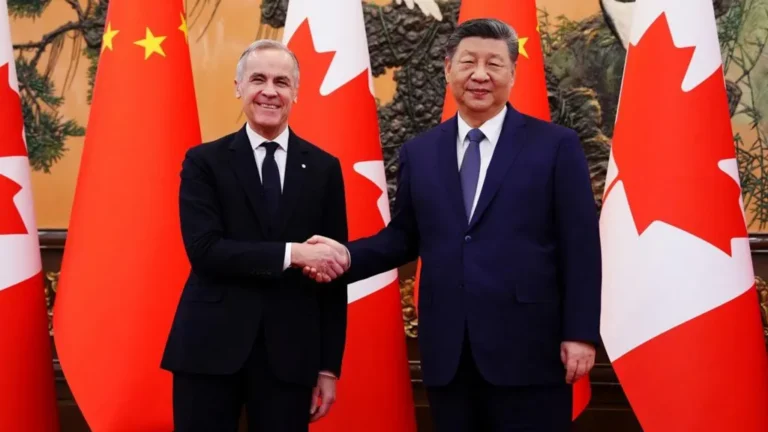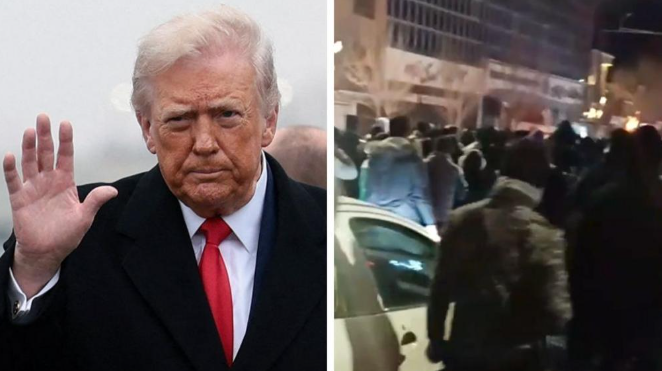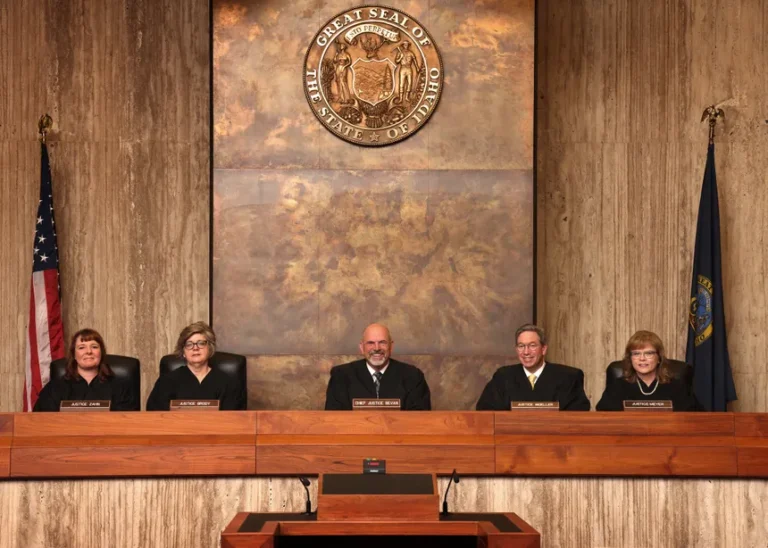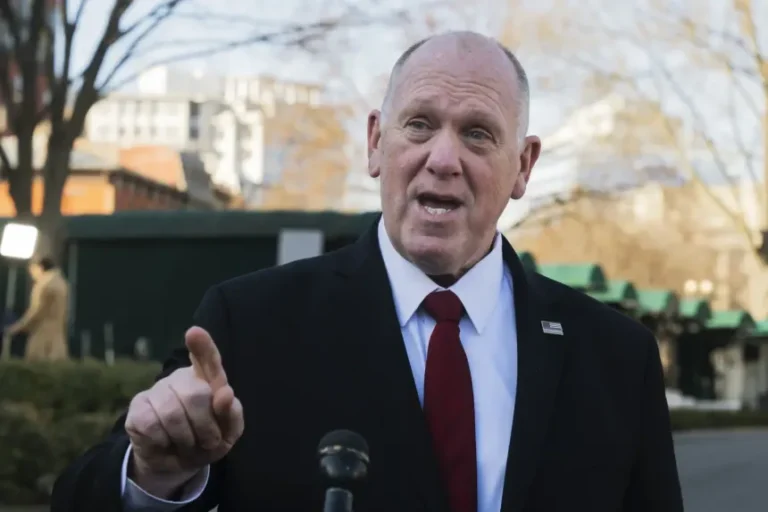
WASHINGTON, D.C. — President Donald Trump is evaluating whether to authorize U.S. military action in support of Israeli strikes on Iranian nuclear facilities, according to multiple sources familiar with internal discussions.
The potential move comes amid ongoing conflict between Israel and Iran, now entering its sixth day. Sources told CBS News that any U.S. involvement could include high-precision strikes on Iran’s underground Fordo nuclear site using advanced weaponry.
Trump met with his national security team on Tuesday to assess possible responses. While he has previously called for diplomatic solutions, recent public comments and social media posts suggest a more confrontational stance. On Tuesday, he posted online: “UNCONDITIONAL SURRENDER!” and warned Iran’s Supreme Leader Ayatollah Ali Khamenei that while he was “an easy target,” the U.S. was not planning an immediate strike—yet emphasized that American patience was “wearing thin.”
Iran responded swiftly, with Khamenei stating that Iran would not surrender and warning that any U.S. intervention would result in “irreparable harm.” He emphasized that threats would not deter the Iranian people.
While Trump has long expressed frustration with Iran’s nuclear ambitions, U.S. intelligence assessments remain divided. Director of National Intelligence Tulsi Gabbard has stated there’s no evidence Iran is actively building a nuclear weapon, a view Trump contradicted publicly, saying he believes Iran was “very close.”
Meanwhile, Israeli fighter jets reportedly carried out overnight airstrikes on Iranian targets, including a missile production facility and a university tied to Iran’s Revolutionary Guard Corps. No casualties were reported in Israel from Iranian retaliatory missile fire during the same period.
The U.S. has moved at least 30 military aircraft to Europe in recent days. While the Pentagon has not confirmed a link to the conflict, analysts have described the activity as “unusual” and potentially aimed at deterring further escalation.
Within the Trump administration, there is no unanimous support for U.S. involvement. Some advisors have urged restraint, though none have publicly opposed intervention. Trump has also faced pressure from political allies and former officials suggesting that any attack on U.S. personnel or assets could force his hand.
Despite his campaign promises to reduce U.S. military engagement abroad, Trump has signaled that limited, targeted strikes might be justified to protect American interests and deter further attacks.
As of now, Trump has not formally committed to military action. However, his statements suggest a growing inclination toward direct involvement—especially if further provocation occurs. Observers note that a single escalation could quickly draw the U.S. into a broader regional conflict.






